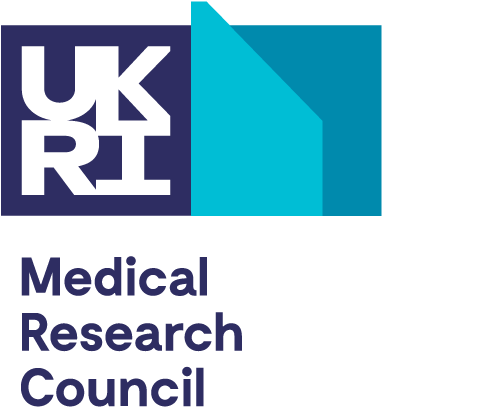If you intend to recruit people as participants in your research, then appropriately informed, voluntary consent is the most likely way for you to do so. Consent plays a key role in ethical research and in ensuring research participants are treated fairly and with respect. The consent process should help potential participants understand what taking part in your research will mean for them, enable them to make an informed choice about whether to take part (or not) and feel free to express these wishes.
You can learn more about the ethical and legal principles of consent as well as how to structure and design materials to support the consent process in MRC and HRA consent and patient information sheet preparation guidance.
You can find guidance on involving specific populations in your research (for example adults who cannot consent, children and young people) in the MRC Ethics Series.
You can learn more about UKRI’s expectations for involving people in research from the good research resource hub Human participants in research.
If you will use or share identifiable data in your research, consent plays an important role. However, consent is unlikely to be your lawful basis under GDPR. You can learn more about lawful basis in Using data about people in research.
Consent is not the only way to ensure research is ethically and or legally acceptable. There are options to allow human samples or data about people to be used in research without consent. You can find further details about this in:
- page two of our consent summary. This explores the legal exemptions which allow you to use human samples without consent, where obtaining consent is not practicable
- ‘accessing identifiable information’ without consent in the using information about people in health research guide.


